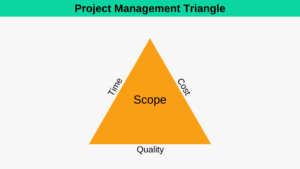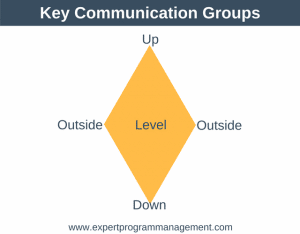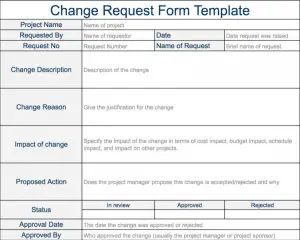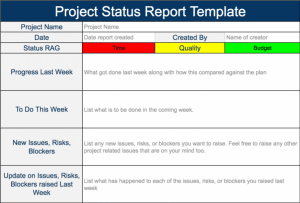If you’re a new member of an organization, and you want to guess whether a project in that organization will be success, then in my opinion it’s not enough simply to observe the project manager is well qualified to make your decision, you also need to consider the organizational culture in which they operate.
There isn’t one succinct definition of organizational culture but loosely we can think of it as the shared values, beliefs, past experiences, and attitudes within the organization that influence (or even determine) how people within that organization interact with each other.
Project management is a difficult thing to do, even in situations where the path to the desired deliverable seem obvious. Why? Because people, technology, and competition change rapidly. You may have encountered this problem before – everything is going fine, and then your star team member resigns. Or how about this situation – your working to deliver a revolutionary new product X, and then your biggest competitor launches a product almost identical to X.
Both situations force change on the project manager, cannot be controlled by them, and cause the project to spin on a dime. This inbuilt complexity is only going to increase over time – the rate of technological innovation has been exponentially increasing since the industrial revolution, and there is a trend for employees to stay with companies for less and less time.
If you take this inbuilt complexity, and layer on top an dysfunctional organizational culture, lacking in accountability or discipline, then you have a recipe for disaster. I’ve recently been speaking to someone I know who is a project manager, working in an environment where the VP of Engeneering has taken away half their resources, yet they are still expected to deliver their project in full for the originally agreed date. To speak with the VP about this issue would not be welcomed by the culture, so we’ve been discussing a grass roots level revolt to instill accountability at all levels.
To my mind if this particular VP was asked to prioritize their projects based on some system that wouldn’t allow them to consume more resources than exist, then they would more carefully consider their choices as the process would force accountability, benefiting the organization as only the right projects are being worked on. This would also obviously benefit the project managers too.
The culture described above, whereby there is no accepted process for delivering projects, loads the dice of success against the project manager.
Program managers take note. If you’re working as a program manager then I believe your role also includes driving the project culture. Use you formal power, and your influence within the organization to drive through process and accountability. Delegate to project managers in a clear way, even if this means occasionally taking a calculated risk when there is uncertainty.
I’ve said before that people are more important than process for successful projects and I still believe that to be true, but by people I don’t just mean the the project team, I also mean the extended team (stakeholders) and how they interact with each other – the project culture.










